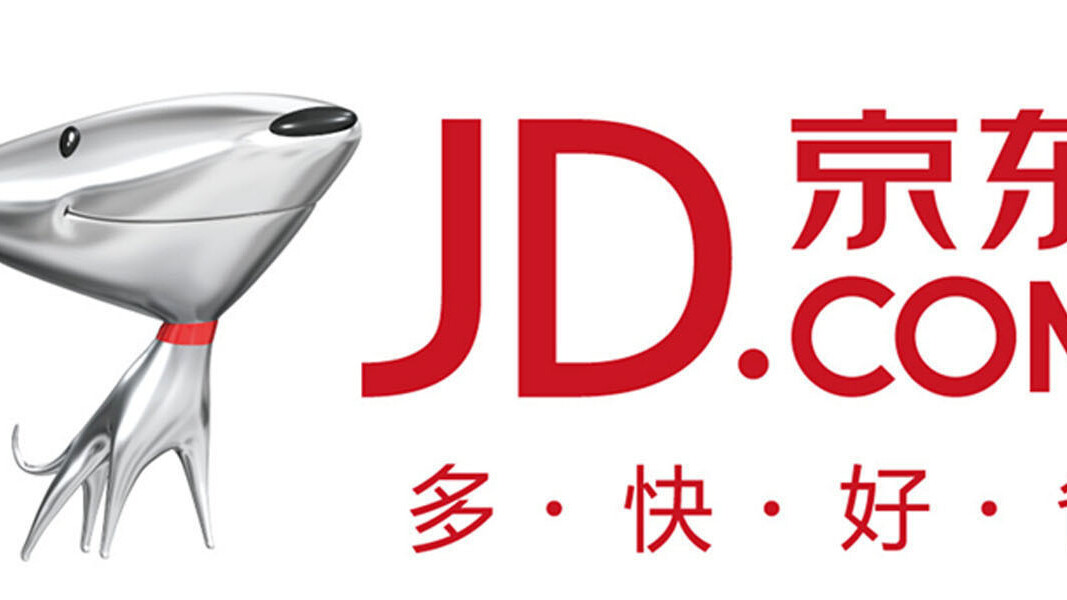
Chinese online retailer JD.com took over internet giant Tencent’s e-commerce operations back in March, and now it has relaunched the latter’s Paipai eBay-like consumer-to-consumer marketplace, taking its battle with Alibaba up a notch.
The newly-refurbished platform has more emphasis on search relevance rather than advertising, boasts reduced marketing costs for sellers and lets users complete orders through JD’s nationwide fulfillment network — which means access to same-day and next-day delivery.
The search function is particularly important as it helps to keep users on the platform. JD is using a new algorithm on Paipai that prioritizes sellers based on factors such as buyer feedback, the variety of relevant products sold, amid other factors. Sellers will also be able to access JD’s last-mile logistics network and finance tools.
Tencent took a 15 percent stake in JD and subscribed to another 5 percent after JD completed its IPO in the US, which raised $1.78 billion. Now it looks like JD is gearing all up to compete with Alibaba, as it builds Paipai up into a serious competitor to compete with Alibaba’s Taobao marketplace. Tencent never really managed to see its e-commerce operations take off, so having JD as an ally makes sense, and could seriously threaten Alibaba.
After all, Tencent is well known for its strength in mobile social networks as evidenced by the popular messaging app WeChat — and that is where Alibaba finds itself struggling to succeed in, as Alibaba’s CEO Jonathan Lu has pledged to continue the e-commerce giant’s string of big investments to focus improving its services for mobile.
Tencent has recently been taking aggressive steps to boost its e-commerce presence on WeChat. JD was added as the official shopping channel within the chat app, while it opened up an option for official account owners (typically brands) to set up shop within WeChat — and complete transactions using Tencent’s online payment services, made easier with the recent introduction of an in-app one-click payment transfer feature.
Tencent has also sunk $736 million in ‘China’s Craigslist,’ made a $50 million investment in ‘China’s Yelp,’ and inked a logistics deal as it pursues its e-commerce ambitions.
Headline image via PRNewsFoto
Get the TNW newsletter
Get the most important tech news in your inbox each week.





